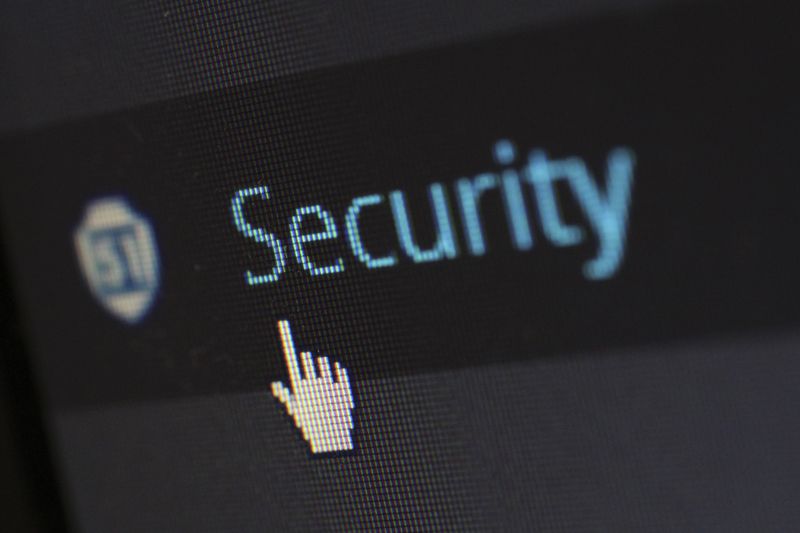Email Security: Google and Yahoo Boosting Email Spam Protections
Introduction
Google and Yahoo announced new requirements aimed at improving email phishing and spam protections for their users. By implementing industry best practices for email authentication, these email service providers intend to enhance users’ trust in the sources of messages. Additionally, both Google and Yahoo will enforce stricter guidelines for bulk senders, such as providing easy unsubscribe options for users and adhering to clear spam rate thresholds. The measures are set to be implemented in the first quarter of next year. This report examines the significance of these changes and their potential impact on email security.
Internet Security and Email Authentication
Email authentication plays a vital role in combating phishing attacks and reducing spam. The practice of verifying the identity of the sender helps to prevent incidents where attackers exploit improperly secured or configured systems. Google and Yahoo‘s new requirements for bulk senders to authenticate their emails using industry best practices aim to address this issue. By implementing these measures, both companies aim to mitigate the risk of malicious messages reaching users’ inboxes.
The Need for Improved Verification
Google rightly points out that verifying the true sender of an email can be challenging due to the antiquated and inconsistent systems on the internet. As phishing attacks become more sophisticated and harder to detect, it is crucial for email service providers to innovate and implement robust authentication measures. By focusing on the crucial aspect of email security – validating the sender’s identity – Google and Yahoo are taking a step in the right direction towards enhancing user protection.
Industry-Wide Collaboration
Google and Yahoo are encouraging the entire email community to adhere to these new practices to improve user protection and security. Yahoo‘s senior director, Marcel Becker, emphasizes the importance of collaboration within the industry to establish these changes as the new industry standard. The success of these measures relies heavily on widespread adoption, and it is crucial for other email service providers to follow suit. Only through this concerted effort can the email community effectively combat phishing and reduce spam.
Editorial: The Importance of Email Security
Email continues to be a fundamental communication tool for individuals and businesses. However, it is also a prime target for cybercriminals. Phishing attacks, which often take the form of deceptive emails, can lead to significant financial and reputational damage. By bolstering email security measures, Google and Yahoo are taking proactive steps to protect their users from these threats. It is now time for other email service providers to follow suit and prioritize email security.
The Role of Individuals
While the responsibility to enhance email security lies with email service providers, individuals also play a significant role. Educating end-users about the dangers of phishing and encouraging them to exercise caution when interacting with emails is crucial. Users should remain vigilant and question the legitimacy of any suspicious email, even if it appears to come from a trusted source.
Corporate Responsibility
Businesses also have a responsibility to prioritize email security to protect themselves and their customers. Implementing email authentication protocols and training employees to identify potential phishing attempts can help mitigate risks. Additionally, organizations should leverage email filtering technologies and regularly update their security measures to stay one step ahead of cybercriminals.
Conclusion: Strengthening Email Security
Google and Yahoo‘s efforts to improve email phishing and spam protections are commendable. By implementing authentication requirements for bulk senders and enforcing stricter guidelines, both companies are taking significant steps towards enhancing email security. However, the success of these measures relies on the collaborative efforts of the entire email community. Email service providers, individuals, and businesses all have a role to play in combatting phishing attacks and reducing spam. By prioritizing email security and implementing best practices, we can make significant strides in protecting users from malicious emails, bolstering trust, and ensuring the integrity of email communication.

<< photo by Ramsés Cervantes >>
The image is for illustrative purposes only and does not depict the actual situation.
You might want to read !
- Microsoft’s New Warning: Cloud Under Threat from Cyber Attacks Targeting SQL Server Instances
- Editorial Exploration: Qualcomm Patches 3 Zero-Days – A Critical Security Update
Output: Critical Security Update: Qualcomm Patches 3 Zero-Days Reported by Google
- How Can USPS Confront the Rising Threat of Snowballing Smishing Campaigns?
- The Rising Threat: How USPS Anchors Snowballing Smishing Campaigns
- Investing in Africa’s Cybersecurity Talent for Global Security
- The Expanding Reach of Russian Hacktivism: Impact on Organizations in Ukraine, EU, and US
- The Rise of In-House Training: Sourcing Rust Developers in Today’s Tech Landscape
- Windows 11 Embraces Passkeys: Enhancing Security and User Experience
- Unveiling the Menace: Xenomorph Banking Trojan Strikes 35+ U.S. Financial Institutions
- UAE and Israel Join Forces to Combat Cyber Threats: A Game-Changing Intelligence Partnership
- 7 Essential Security Measures for WordPress Sites: Protecting Small and Medium Businesses
- The Evolution of CAPTCHAs: A Battle of Wits Between Humans and Bots
- The Risks and Rewards of a Proposed National Digital ID Scheme in Australia




